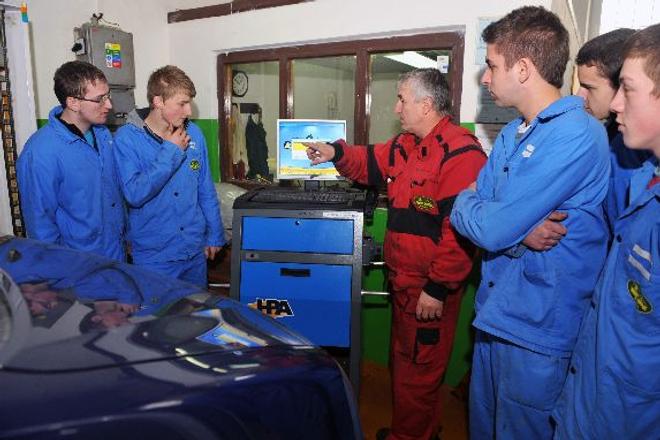The bill will become effective as of April 1, after President Andrej Kiska has signed it into law. The stipulations included in the proposal should become part of school curricula as of September 1.
According to the proposal, the theoretical part of the education process will be carried out at schools, while the practical training will be entrusted to companies.
“We want to do our utmost to inspire greater interest in vocational education on the part of students, and to enable employers to participate directly in the education of young people and to hire these young people,” Prime Minister Robert Fico stated previously, as quoted by TASR.
In practice, employers who decide to join the project will enter into learning contracts with secondary school students, who will undergo a placement at the company. The system is beneficial for students in that they will be entitled to receive remuneration for their work, while the companies will be motivated by tax relief. The government has allocated €26 million for this purpose to 2018. The level of the granted tax relief will be the same for all participating firms.
According to a number of amending proposals that were okayed by parliament, employers who want to join the system but lack the required equipment and premises will be able to arrange for a part of the practical training (up to 40 percent of all practical lessons) to be carried out on the premises of a different employer. More powers within the certification process for employers will be assumed by the State Institute of Vocational Education (SIOV).
Representatives of employers are not convinced about the merits of the legislation, however. They largely object that it will be difficult to carry out the new measures because the state will oblige firms to carry out various duties but has failed to create the necessary conditions for employers to participate in the system, according to TASR.


 (source: TASR)
(source: TASR)